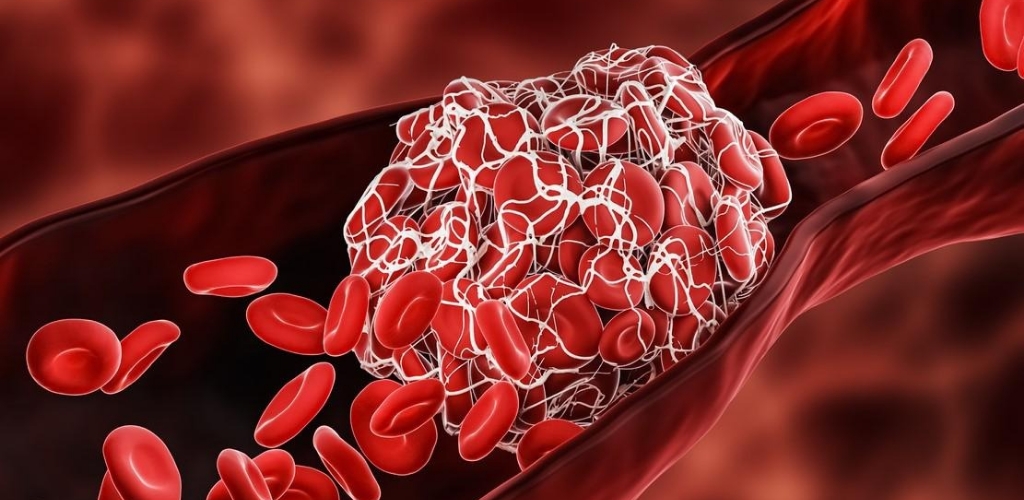Anticoagulants are medications that play a vital role in modern medicine, preventing and treating blood clots. However, achieving the optimal balance between preventing clots and minimizing bleeding risks can be a challenge. This is where the concept of precision anticoagulation comes in.
What is Precision Anticoagulation?
Precision anticoagulation is a personalized approach to anticoagulant therapy. It goes beyond a one-size-fits-all approach and considers individual patient factors to tailor treatment. This can significantly improve patient outcomes by:
- Reducing Adverse Drug Reactions (ADRs): Traditional dosing methods can lead to over-anticoagulation, increasing the risk of bleeding. Precision medicine helps identify patients at higher risk and adjust medication accordingly.
- Enhancing Treatment Efficacy: Under-anticoagulation can leave patients vulnerable to clots. Precision dosing ensures optimal blood thinning, reducing the risk of clot formation.
- Improving Patient Safety: By minimizing both bleeding and clotting risks, precision anticoagulation creates a safer treatment experience.
How is Precision Anticoagulation Achieved?
Several factors contribute to a personalized approach in anticoagulation:
- Patient Characteristics: Age, weight, genetics, and underlying medical conditions all influence how a patient responds to medication.
- Type of Anticoagulant: Different medications have varying properties. Choosing the right type for the individual is crucial.
- Blood Testing and Monitoring: Regular blood tests track a patient’s response to the medication, allowing for adjustments as needed.
Benefits of Precision Anticoagulation
The advantages of this personalized approach are numerous:
- Reduced Healthcare Costs: By minimizing ADRs and hospital readmissions, precision anticoagulation can lead to significant cost savings.
- Improved Quality of Life: Patients can experience a better quality of life with reduced bleeding risks and a lower fear of complications.
- Optimized Treatment Outcomes: Tailored medication regimens achieve better clinical results, reducing complications and improving patient well-being.
The Future of Anticoagulation
Precision medicine is a rapidly evolving field, and anticoagulation is at the forefront of this progress. New technologies like genetic testing and point-of-care monitoring tools are constantly improving the ability to individualize treatment.
Conclusion
Precision anticoagulation represents a significant step forward in patient safety and treatment efficacy. By personalizing care, clinicians can minimize bleeding risks, optimize clot prevention, and ultimately, improve patient outcomes. As research continues, precision medicine holds the promise of further advancements in anticoagulant therapy.




